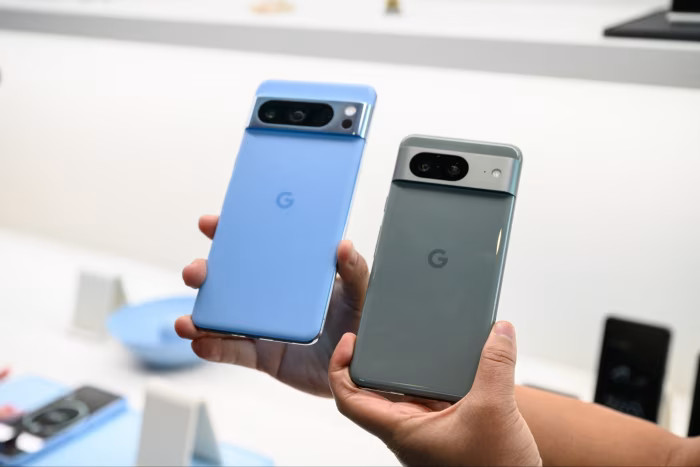In June 2023, Apple CEO Tim Cook took the stage at the company’s annual developers conference, but his announcement of the Vision Pro mixed-reality headset left many wondering why he didn’t mention “generative AI.” This technology, which powers products like ChatGPT and promises to revolutionize how we interact with our devices, has been embraced by Apple’s competitors, including Google, Microsoft, Meta, and Amazon.
A year after ChatGPT’s launch, Apple has yet to release an AI-focused iPhone, although its new iPads with the M4 chip hint at its ambitions. Meanwhile, Google’s Pixel 8 and Samsung’s S24, both powered by Google’s Gemini AI models, have introduced the concept of the “AI smartphone.” In the “AI PC” space, Microsoft, Qualcomm, and AMD have also staked their claims.
Apple’s recent headlines have been less than stellar, with antitrust investigations in the EU and the US. Its shares have recovered from a slump, but iPhone sales, Apple’s most lucrative product, are flattening. The company is now vying with Nvidia, a leader in the AI boom, for the title of the second most valuable US company.
At this year’s developers conference, Cook has the chance to change the narrative. The company is expected to unveil iOS 18, a major software update that will kick off its broader plan for generative AI. However, analysts say the stakes are high for Cook to position Apple as a serious contender in the AI race.
Apple’s strategy has always been to perfect, rather than pioneer, new technologies. For example, the iPod was not the first MP3 player, but it was sleeker, smaller, and held more songs. The iPhone, launched six years later, was also not the first smartphone, but it quickly became the most popular.
With the advent of generative AI, however, analysts say Apple is under unusual pressure to act sooner. With AI, it does feel as though Apple has had its hand forced a little bit in terms of the timing,” says Leo Gebbie, an analyst at CCS Insight.
Apple’s challenge in the AI race has three dimensions: developing chips that can power AI features, creating “killer” applications that will attract consumers, and securing access to the most advanced generative AI models controlled by rivals Microsoft and Google.
The company has been secretive about its processes but has built out a team of top AI talent led by former Google Brain executive John Giannandrea. It also has a chip powerful enough to run an “AI smartphone.” However, the iPhone 15 Pro has only 8GB of RAM, compared to Samsung’s S24, which has 12GB. Apple is not expected to launch a successor until later this year.
The global AI race is heating up, with “AI smartphones” expected to make up 43% of worldwide smartphone shipments by 2027. Google, Apple’s main rival in phone operating systems, is already forging ahead, rolling out tools for developers to make use of its Gemini models and integrating its chatbot, Bard, into the device’s functionality.
I firmly believe we are in a once in a generation moment to reimagine what phones are capable of with the advances in AI,” says Sameer Samat, president of Google’s Android ecosystem.
If Apple wants to change its trajectory and accelerate its growth in the AI race, it’s crucial for the company to outline a clear AI strategy in the coming weeks, according to Nabila Popal, a research director at the International Data Corporation.










